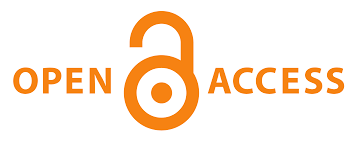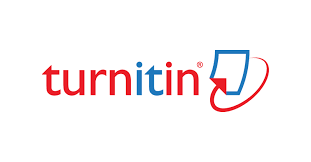Editorial Policies
JETLEE operates with a meticulous peer review process that emphasizes blind reviewing to ensure the integrity of the evaluation process. The decision to accept or reject submitted articles rests with the editorial boards, based on the comprehensive review results provided by the designated reviewers. It's important to note that there is no direct communication between authors and editors regarding rejection decisions. To ensure originality and authenticity, all manuscripts undergo a thorough plagiarism check using the "Turnitin" software prior to entering the review process. Manuscripts displaying signs of plagiarism will be promptly rejected. Authors whose submissions are declined will receive transparent explanations for the rejection.
Editors maintain the prerogative to recommend that authors enlist professional proofreaders for their manuscripts and adhere to the editors' suggestions. In cases where authors do not comply with these recommendations, the editors may decline to publish the respective manuscripts.
Authors hold several responsibilities in maintaining the journal's standards:
Reporting Standards: Authors of original research must present accurate details of their work and objectively discuss its significance. The paper should provide sufficient details and references for others to replicate the research. Any knowingly inaccurate or fraudulent statements are considered unethical behavior.
Data Access and Retention: Authors might be asked to provide raw data for editorial review and should retain such data for a reasonable period after publication.
Originality and Plagiarism: Authors are responsible for ensuring the originality of their work. Proper attribution is essential when using the work or words of others. Plagiarism in any form is unethical and unacceptable.
Multiple Publication: Authors should refrain from publishing substantially similar research in multiple journals. Simultaneously submitting the same manuscript to different journals is unethical.
Acknowledgment of Sources: Proper acknowledgment of others' work is mandatory. Privately obtained information must not be used without explicit written permission.
Authorship: Authorship should be granted to those who significantly contribute to the study. Co-authors should review and approve the final manuscript before submission.
Hazards and Ethical Considerations: If the research involves hazards, they must be clearly indicated. Research involving humans or animals should comply with relevant laws and guidelines, including informed consent.
Disclosure and Conflicts of Interest: Authors should disclose financial or other conflicts of interest that could influence their work's results or interpretation.
Correcting Errors: Authors should promptly notify editors if they discover significant errors in their published work, cooperating to rectify or retract the paper.
Editors have distinct roles in maintaining the journal's integrity:
Publication Decisions: Editors decide which submitted articles merit publication, based on intellectual content, significance, and adherence to legal requirements.
Fair Play: Editors evaluate manuscripts impartially, irrespective of authors' characteristics or backgrounds.
Confidentiality: Editors and editorial staff must maintain confidentiality regarding submitted manuscripts.
Conflict of Interest: Editors should not use unpublished material from submitted manuscripts for their personal research without explicit consent. They should handle conflicts of interest professionally.
In essence, JETLEE operates with a strong commitment to upholding scholarly and ethical standards, promoting originality, transparency, and integrity in the fields of English Language Teaching, Linguistics, and Literature.


